“Small Brains, Big Benefits: Why Starting Language Learning in Early Years is Worth It” – learning English and other foreign languages at language school

In today’s global society, the ability to speak multiple languages is becoming an increasingly valuable asset. Therefore, it’s worth considering whether this is a skill we should develop from the earliest years of life. Early school years are the ideal time to instill a passion for learning foreign languages in children. But why start now? Here are some key benefits.
"Small Brains, Big Benefits: Why Starting Language Learning in Early Years is Worth It" – learning English and other foreign languages at language school
Flexible Brain
The brains of children in early school years are like sponges, ready to absorb knowledge. This is a period in which brain structures responsible for language processing are developing. Learning multiple languages simultaneously stimulates these areas, making the brain more flexible and adaptable to diverse situations.Global Perspectives
Learning foreign languages opens doors to different cultures and worldviews. Children in early school years, by learning foreign words and phrases, simultaneously gain an understanding of other communities. It’s not just a communication skill but also a key to building tolerance and openness to diversity.Ease of Learning
Preschool-age children are capable of incredible achievements in learning foreign languages. Their ability to mimic, natural curiosity, and lack of mental barriers make them absorb new vocabulary and language structures with ease and pleasure.Cognitive Abilities
Studies confirm that children learning multiple languages simultaneously develop better cognitive abilities. This is not only a benefit in the field of foreign languages but also a transferable skill that positively influences learning in mathematics, reading, and other subjects.Investment in the Future
In today’s world, where global cooperation is becoming the norm, knowing several languages is a huge advantage in the job market. Investing in the learning of foreign languages from an early age is an investment in the future of children, giving them tools for success in the global society.
In conclusion, learning foreign languages in early school years is not just about the ability to communicate in a foreign country. It is also about developing intelligence, openness to the world, and readiness for future challenges. Therefore, it’s worth starting now – investing in small brains to grow into great, multilingual minds ready to conquer the world.
Why enroll your child in our English or other foreign language courses? What sets us apart?
How do we introduce our youngest learners to the world of learning? Below, you’ll find a brief description of the principles we apply when teaching English and collaborating with the youngest participants in foreign language courses at Cambridge School of English.
Creating a safe atmosphere
Our goal is for children to associate learning a foreign language with a pleasant and safe atmosphere, while also having numerous opportunities for active participation in classes.
- Emphasizing creativity
We conduct our classes in a creative, dynamic, and, above all, enthusiastic manner. - Using games and fun activities
During learning, we use various educational games and engage in physical, musical, and artistic activities. - Stimulating activity
During classes, we sing, dance, rhyme, and listen to stories and fairy tales. - Integration of manual activities
We support English language learning through practical activities, such as manual work with paints, salt dough, clay, or crayons. - Application of memory techniques
We introduce colorful pictures, posters, puzzles, and block constructions to facilitate the memorization process. - Involvement in scenes and theatrical arts
We introduce theatrical elements, fostering students’ imagination. They watch puppet shows, participate in various scenes, and perform short plays. - Focus on developing speaking and listening skills
Our emphasis is on developing oral communication skills and the ability to understand speech.
Are you interested in our courses?
Check out the course offerings for children at Cambridge School of English!
Why choose our language courses at Cambridge School of English? Our language classes and courses for children are a real journey into the discovery of foreign languages.
Classes are conducted in a friendly atmosphere where children feel comfortable and safe. Our approach is based on creativity, using games, physical activities, music, and visual arts to make learning a fascinating adventure.
During our courses, we focus not only on vocabulary learning but also on developing communication skills through active participation in classes. Children sing, dance, perform theatrical scenes, and engage in various manual activities, making learning not only effective but also fun and inspiring.
Our qualified teachers are ready to introduce the youngest to the world of foreign languages, nurturing their love for novelty and curiosity for discovery. Enroll your child in our language classes and open the doors to a fascinating journey through words and phrases from different corners of the world!




